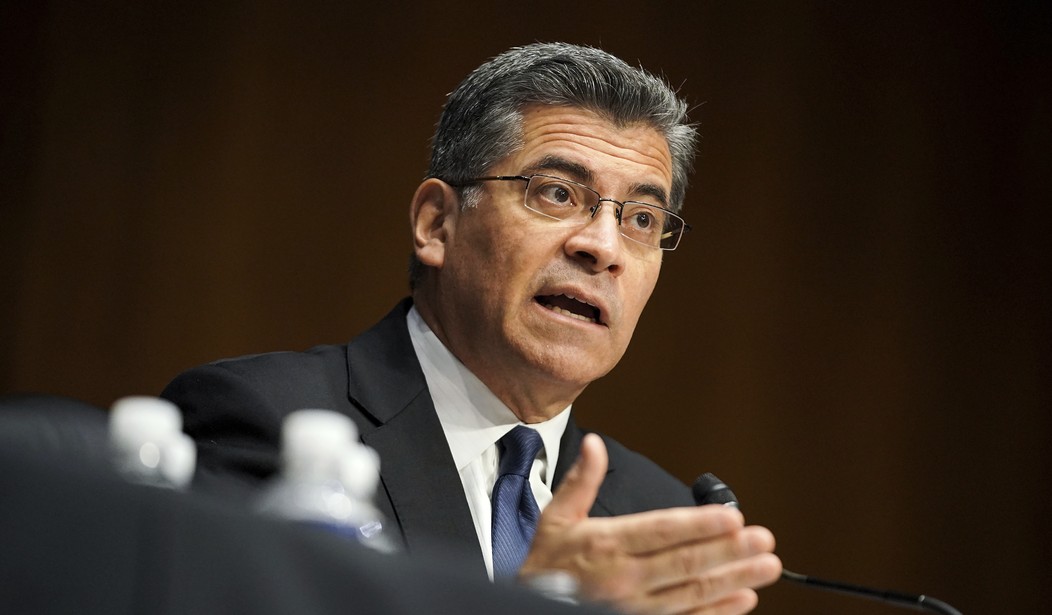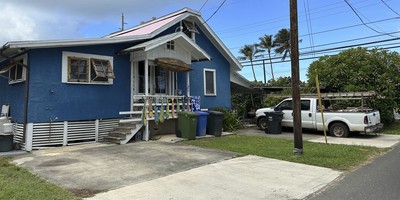In a hearing on Tuesday, California Attorney General Xavier Becerra revealed just how unfit he is to lead the Department of Health and Human Services.
Becerra dismissed the need to reform the federal "340B" program, even though it has morphed from a good-faith effort to help low-income Americans access medicines into a cash cow for the nation's largest hospitals and pharmacies.
This mindset is deeply concerning.
The 340B program was designed with the best of intentions. Back in 1992, worried about uninsured Americans struggling to secure prescription medicines, Congress created a program requiring drug companies to extend generous discounts -- typically 20 to 50 percent -- to hospitals and clinics serving low-income patients.
In theory, the program enabled safety-net providers to offer innovative therapies to patients deserving of charity. But providers quickly realized that the program could be gamed. So many began purchasing medicines at discount prices, selling them to those who had insurance and could afford full fare, and pocketing the difference.
They're getting away with it because of 340B's lax design. Providers need not prove they're giving discounted drugs to the low-income patients for whom they're intended. They simply have to show they're one of the 16 types of eligible providers -- from small, rural hospitals, to general hospitals that serve a disproportionate share of low-income individuals, to federally qualified health centers.
In recent years, participating entities have kicked their scheme into overdrive by contracting third-party, for-profit pharmacies. Today, more than 12,000 entities across more than 38,000 sites participate in the 340B program. Nearly half of the U.S. pharmacy industry reaps profits from it.
Recommended
According to a recent study by the Berkeley Research Group, the average margin on 340B prescriptions filled by third-party pharmacies is 72 percent -- roughly three times the margin for a non-340B drug. In 2018 alone, this translated into $13 billion in profits for providers and pharmacies around the country -- with chain pharmacies like Walgreens and CVS pocketing more than half of those profits.
The Government Accountability Office recently reviewed 55 340B providers and found that 25 offered no discounts whatsoever at their contract pharmacies. In other words, 340B has become a major profit center for some of the largest, most powerful healthcare interests.
Unfortunately, like many government-mandated programs, 340B suffers from a fundamental disconnect between its stated aims and actual outcomes. Absent sufficient oversight, transparency requirements, and accountability mechanisms, for-profit entities exploited the program from the jump. And as 340B continues to grow outside of its original scope, the intended beneficiaries -- true safety-net hospitals and vulnerable patients -- have been left behind.
Preventing such blatant abuse of the healthcare safety net shouldn't be a partisan issue. After all, millions of Americans have been priced out of the health insurance market. Roughly half of patients in either fair or poor health are having trouble affording their medications.
Given these challenges, allowing healthcare providers and pharmacies to exploit a program designed to help less well-off patients access care isn't just wasteful -- it's wrong. The program urgently needs reform.
Sally C. Pipes is President, CEO, and Thomas W. Smith Fellow in Health Care Policy at the Pacific Research Institute. Her latest book is False Premise, False Promise: The Disastrous Reality of Medicare for All (Encounter 2020). Follow her on Twitter @sallypipes.

























Join the conversation as a VIP Member